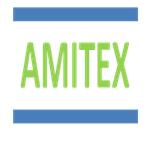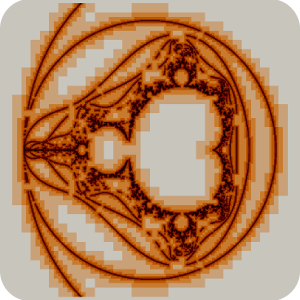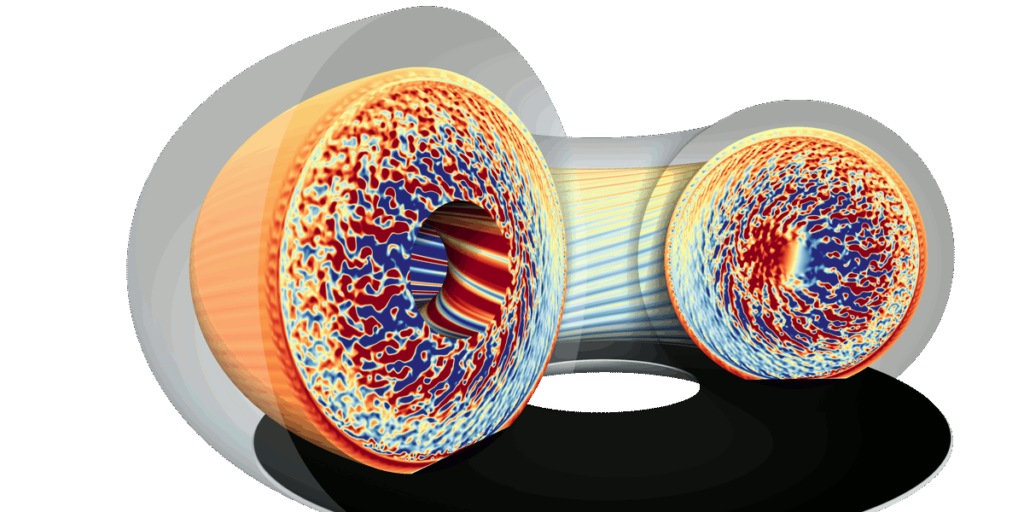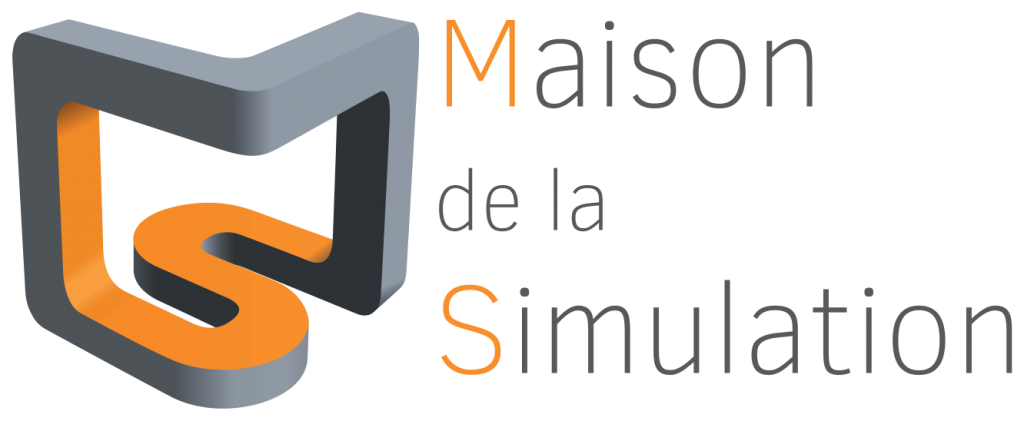Science by Computing
The Science by Computing team works in close collaboration with the teams developing codes to ensure their efficient use of super-computers at extreme scale.

Maison de la Simulation supports the development of the AMITEX application regarding HPC questions (MPI, GPU…) Find out more…

deMon2K is a software package for density functional theory (DFT) calculations. Find out more…

Dyablo is a framework for developing parallel applications using the adaptive mesh refinement of the PABLO library and hierarchical parallelism (MPI + Kokkos).

GYSELA-X++ is a global full-f nonlinear gyrokinetic code that simulates electrostatic plasma turbulence and transport in the core of Tokamak devices. Find out more…

Smilei is an open-source massively parallel Particle-In-Cell code dedicated to strong-field laser-matter interaction, laboratory astrophysics, and particle acceleration. Find out more…
